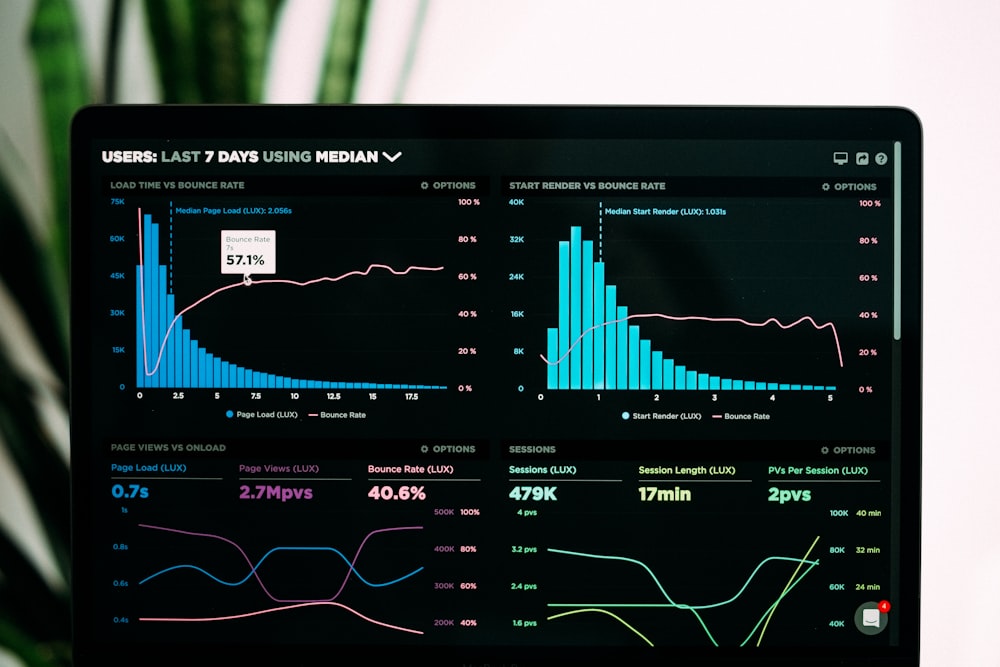📚 Table of Contents
- ✅ What Is Remote Data Science?
- ✅ Essential Skills for Remote Data Scientists
- ✅ Must-Have Tools and Technologies
- ✅ Finding Remote Data Science Jobs
- ✅ Building a Strong Portfolio
- ✅ Staying Productive in a Remote Environment
- ✅ Networking and Community Engagement
- ✅ Common Challenges and How to Overcome Them
- ✅ Conclusion
What Is Remote Data Science?
Have you ever wondered how data scientists analyze massive datasets, build predictive models, and extract insights—all from the comfort of their homes? Remote data science is revolutionizing the way professionals work, allowing them to leverage cutting-edge technologies without being tied to a physical office. This field combines statistical analysis, machine learning, and programming to solve real-world problems, whether in healthcare, finance, or e-commerce.
Remote data science isn’t just about working from home—it’s about collaborating with global teams, accessing cloud-based infrastructure, and delivering impactful results without geographical constraints. Companies are increasingly adopting remote work policies, making this an ideal time for beginners to enter the field.
Essential Skills for Remote Data Scientists
To thrive as a remote data scientist, you need a mix of technical and soft skills. Here’s a detailed breakdown:
Technical Skills
- Programming: Proficiency in Python or R is non-negotiable. Python is widely preferred due to its extensive libraries like Pandas, NumPy, and Scikit-learn.
- Statistics & Machine Learning: Understanding regression, classification, clustering, and deep learning models is crucial.
- Data Wrangling: Cleaning and preprocessing messy datasets is a daily task.
- SQL: Querying databases efficiently is a must for extracting relevant data.
- Data Visualization: Tools like Matplotlib, Seaborn, and Tableau help communicate insights effectively.
Soft Skills
- Communication: Explaining complex findings to non-technical stakeholders is key.
- Time Management: Remote work requires discipline to meet deadlines independently.
- Collaboration: Using tools like Slack, Zoom, and GitHub to work seamlessly with teams.
Must-Have Tools and Technologies
Remote data scientists rely on a suite of tools to streamline their workflow:
- Jupyter Notebooks: Ideal for interactive coding and sharing analyses.
- Git & GitHub: Version control is essential for collaborative projects.
- Cloud Platforms: AWS, Google Cloud, and Azure provide scalable computing power.
- Docker: Ensures reproducibility by containerizing environments.
- CI/CD Pipelines: Automate testing and deployment with Jenkins or GitHub Actions.
Finding Remote Data Science Jobs
Landing a remote job requires a strategic approach:
- Job Boards: Websites like RemoteOK, We Work Remotely, and LinkedIn list remote opportunities.
- Freelancing: Platforms like Upwork and Toptal offer project-based work.
- Networking: Engage in online communities like Kaggle or Data Science Central.
- Company Websites: Many tech companies post remote roles directly on their careers pages.
Building a Strong Portfolio
A well-crafted portfolio showcases your skills:
- Personal Projects: Solve real problems, like predicting stock prices or analyzing COVID-19 data.
- GitHub Repositories: Document clean, well-commented code.
- Blog Posts: Write about your methodologies and findings on Medium or Dev.to.
- Kaggle Competitions: Participate to demonstrate practical expertise.
Staying Productive in a Remote Environment
Remote work demands self-discipline:
- Set a Routine: Stick to regular working hours to maintain focus.
- Dedicated Workspace: Minimize distractions with a quiet, organized setup.
- Task Management: Use Trello or Asana to track progress.
- Take Breaks: Follow the Pomodoro technique to avoid burnout.
Networking and Community Engagement
Building connections is vital for career growth:
- Online Meetups: Attend virtual conferences like PyData or ODSC.
- LinkedIn: Share insights and connect with industry leaders.
- Open Source Contributions: Collaborate on projects to gain visibility.
Common Challenges and How to Overcome Them
Remote data science isn’t without hurdles:
- Isolation: Combat loneliness by joining online study groups.
- Time Zones: Use tools like World Time Buddy to schedule meetings.
- Technical Issues: Ensure reliable internet and backup hardware.
Conclusion
Remote data science offers unparalleled flexibility and opportunities for those willing to master the necessary skills. By leveraging the right tools, building a strong portfolio, and staying engaged with the community, beginners can carve out a successful career in this dynamic field.


Leave a Reply